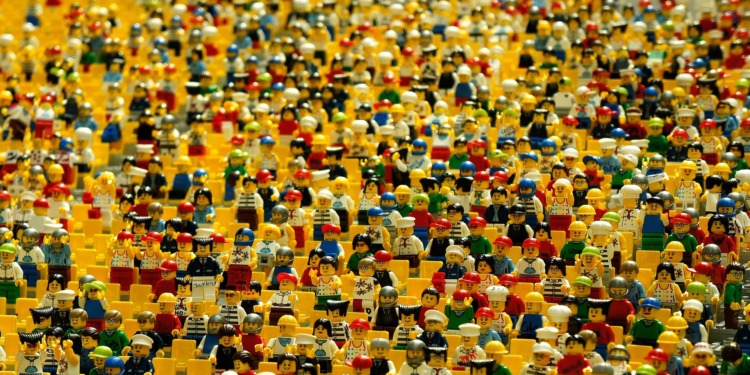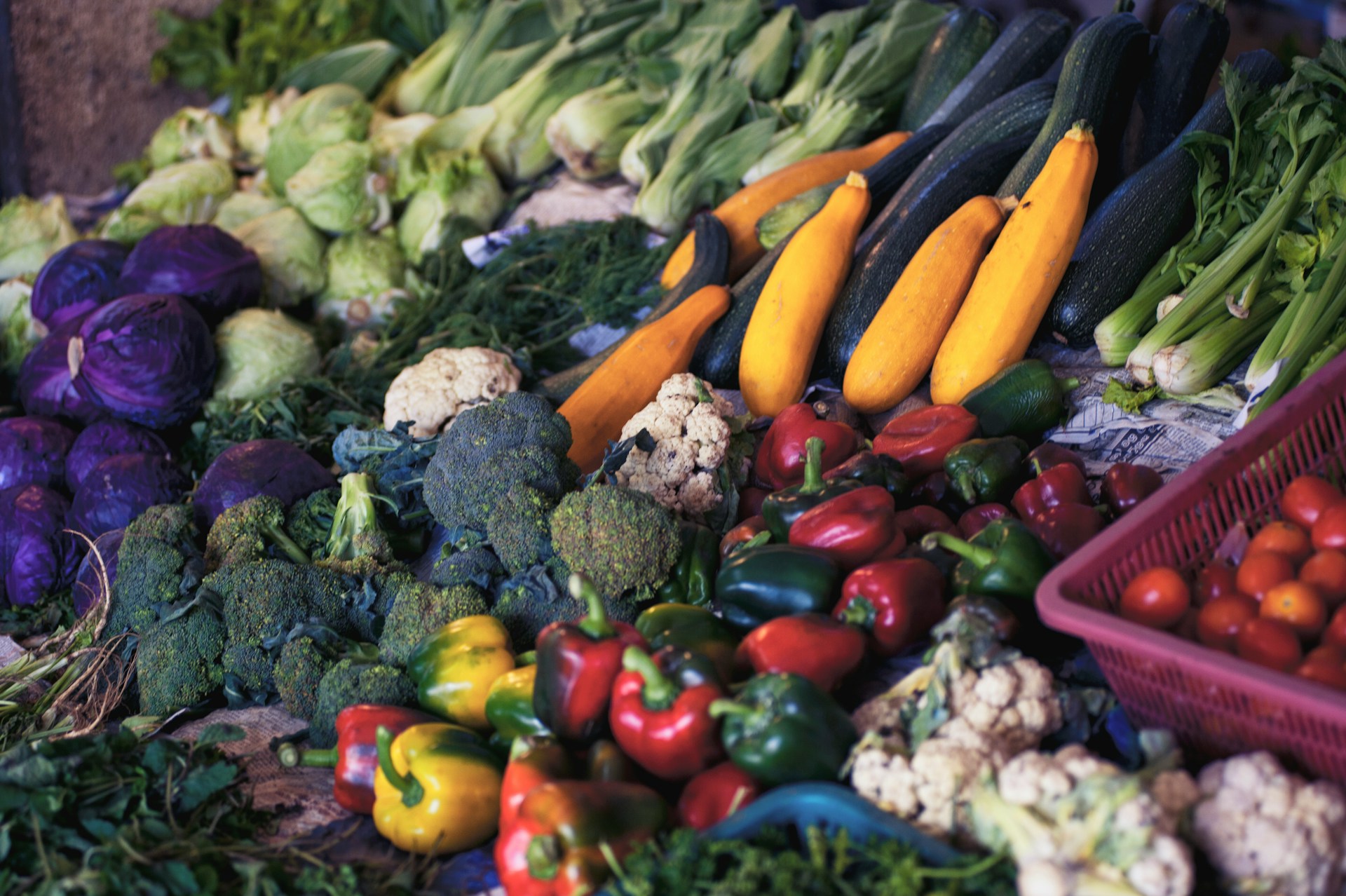The world’s largest toy maker, the LEGO group, has announced plans to commit further to replacing plastic production with lower carbon alternatives.
In partnership with two other Danish companies, the green energy service provider European Energy and pharmaceutical multinational Novo Nordisk, the Scandinavian consortium is centred around the utilisation of “e-methanol,” a more sustainable alternative in plastic production.
European Energy aim to be a major global driving force in the green transition, and already operates a large portfolio of solar, wind and power-to-X solutions. At the end of last year, they announced that they would be building the world’s first large-scale commercial e-methanol plant in Kassø, South Denmark, which will be positioned to supply e-methanol at scale.
Yesterday, @EuropeanEnergy_ took a big step towards a future sustainable production of green e-methanol as fuel for container ships! @AnaergiaInc is to supply European Energy with up to 60,000 tonnes per year of liquefied biogenic Carbon Dioxide
pic.twitter.com/8CnJOT7pUt
— Waste, Recycling and Biogas Advisory (@WBAtcdk) August 18, 2022
As global leaders in their particular industries, both Novo Norodisk and the LEGO group are heavily reliant on plastics for their product portfolios; medical devices and children’s toys respectively. Engagement in this partnership demonstrates both companies’ commitment to finding more sustainable practices.
However, beyond improving the sustainability of their own product portfolios, the agreement has grand ambitions.
It looks to push large-scale investment towards the improvement of current plastic technologies, alongside the global transition away from fossil fuels, accelerating knowledge sharing across various industries.
According to Knud Erik Anderson, the CEO of European Energy, “Novo Nordisk and the LEGO group are already leading the way into the future in various ways, and now even more by joining this cooperation. This is relevant for all industries keen on transitioning away from fossil fuels.”
So, how is e-methanol proposed to increase the sustainability of plastic production, and what does it mean for LEGO enthusiasts around the world?
E-Methanol: What’s the big deal?
Standard plastic production is heavily reliant on petrochemicals, where fossil fuel feedstocks account for 99% of the raw material base for plastics.
The fossil fuel industry is increasingly pushing petrochemicals and single-use plastics.
Companies like @CocaCola, @PepsiCo, and @Nestle are driving the expansion of plastic production and threatening the global climate.#BreakFreeFromPlastic https://t.co/lAxEu7bAOm
— Greenpeace International (@Greenpeace) September 18, 2021
Hydrocarbons, which form the chemical backbone of plastics, are readily and easily derived from crude oil, producing key compounds such as propylene and ethylene.
However, hydrocarbons can also be generated from different sources, one of which is methanol.
Methanol is used to make a variety of plastics, based on reactions with phenol, urea and melamine.
Related Articles: The Sustainable Development Goals and Fighting the Plastic Soup | Plastic Recycling: Ditch it or Improve it? | Cleansing Our Oceans From Our Plastic Sins | 4 Ways to Reduce Plastic Pollution | Plasticosis: A Synthetic Health Crisis Waiting in the Wings? | New UN Treaty Focused on Plastic Pollution | Will We Ever Solve the Plastics Problem?
Even still, this does not necessarily solve the sustainability issue. Whilst plastic production using methanol doesn’t directly use fossil fuels, the vast majority of industrially utilised methanol is itself derived from fossil fuel sources, such as natural gas, oil or coal.
It is this issue that e-methanol, or “green methanol,” directly addresses.
E-methanol is produced by combining green hydrogen and captured carbon dioxide from industrial sources. The production of e-methanol at European Energy’s plant in Denmark will be based on renewable energy from wind and solar plants as well as biogenic CO2.
The system utilizes Siemens Energy electrolyzer technology to produce hydrogen which is fed to a synthesis process where it is combined with carbon dioxide to produce e-Methanol.
In short, e-methanol is produced from renewable sources, offering a lower-carbon alternative to plastic production by significantly reducing the amount of fossil fuel required to generate plastics.
Plastic Innovation: The LEGO Group
Given the LEGO group has placed a commitment to building a sustainable future for children at the core of their business strategy, with the aim of making LEGO bricks from more sustainable sources by 2030, they have been making sustainable-strides for some time now.
In particular, they are openly transitioning towards a more circular business model, have invested over £700 million in renewable energy to offset their usage, and continue to focus on sustainability driven materials R&D.
In fact, alongside bio-PE and recycled PET, e-methanol will represent the third sustainable material on the LEGO groups books.
Toymaker Lego plans to completely replace its oil-based plastic bricks with sustainable materials by the end of the decade, but it's not a straight-forward task for the company pic.twitter.com/jO3lDTtPTp
— Reuters (@Reuters) September 23, 2020
As yet, it remains unclear where the LEGO group will utilise e-methanol in its product range, as it first needs to go through substantial prototyping before it can look to commercialisation.
The effects of the project on broader industry will only become clear in time, but the first batch of e-methanol is expected to be delivered by European Energy to both Novo Nordisk and the LEGO group very soon, sometime in 2024.
Editor’s Note: The opinions expressed here by the authors are their own, not those of Impakter.com — In the Featured Photo: LEGO figurines. Featured Photo Credit: Pixabay











